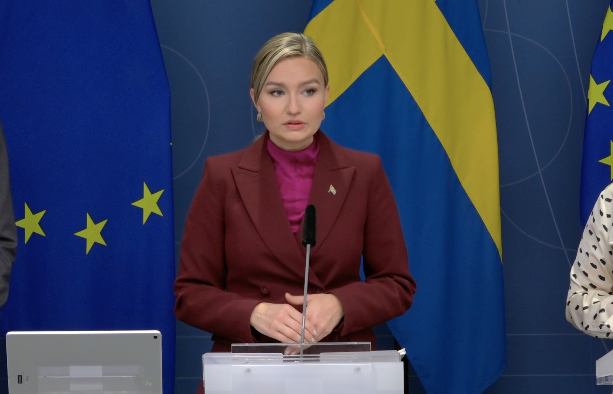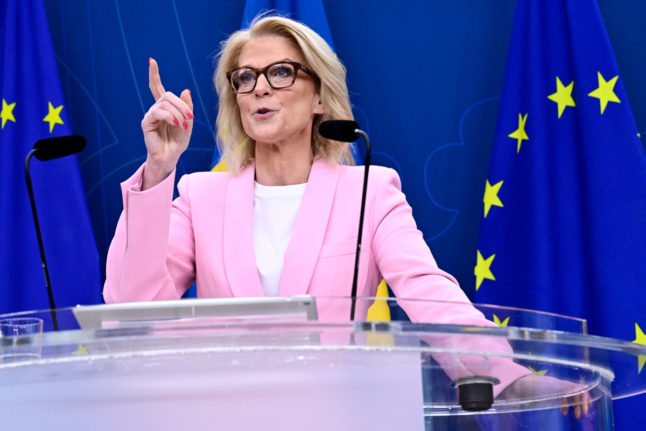During the election campaign, the Moderate, Christian Democrat, and Liberal parties made a common election promise to have a system of compensation “in place” by November 1st.
“If we win the election and Sweden receives a new government, we are are going to make sure that high-cost protection against the current extreme electricity prices for households and businesses will be in place by November 1st,” they wrote. “Household finances will be rescued in good time for Christmas. That is a common election promise.”
But at a press conference on Wednesday morning, social insurance minister Anna Tenje said that payments would not begin until well into 2023.
“The payments will begin in February if nothing unexpected happens,” she said.
For businesses, the wait could be even longer.
“The first step will be payments to households. The second stage will be payments to businesses, and that question is still being decided,” energy and business minister Ebba Busch said.
At a press conference, Magdalena Andersson, leader of the opposition Social Democrats accused Sweden’s prime minister of “lying to the Swedish people right in the face”.
“When it comes to high cost protection for electricity, he was very clear ahead of the election that it would be in place on November 1st,” she said. “He couldn’t explain how, but it was a clear promise to the people of Sweden and that has now been broken. It’s not as if anything has happened to explain why he couldn’t live up to the promise.”
“Don’t make lofty promises that aren’t trustworthy. That’s what I said during the election campaign.” she added.
The Social Democrats’ energy spokesperson, Fredrik Olovsson, said that the government should give a new instruction to the country’s grid operator Svenska Kraftnät, so that even people in northern Sweden could receive the subsidy.



 Please whitelist us to continue reading.
Please whitelist us to continue reading.
Member comments